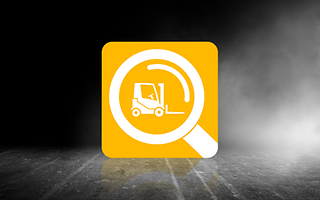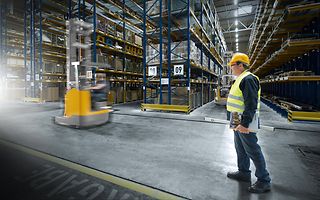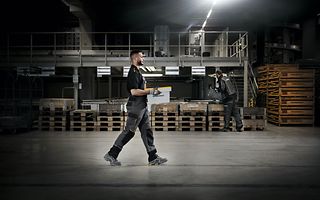-
Your solutionsYour solutions
Startpage
- Industries
-
Applications
-
Automation & Systems
Your solutions
-
Lithium-ion technology
Lithium-ion technology
Your solutions
-
Digitalisation and connectivity
Your solutions
-
Case studies
Your solutions
-
ProductsProducts
Startpage
-
New Forklifts
New Forklifts
Products
-
Forklift hire
Forklift hire
Products
-
Used Forklifts
Products
- Automated components
-
Batteries/charging technology
Batteries/charging technology
Products
- Warehouse Racking and Storage
- Special Builds
- Industrial IT
-
Operating manuals
Products
-
Jungheinrich efficiency is just round the corner.
Products
-
New Forklifts
-
Automation & SystemsAutomation & Systems
Startpage
-
Consulting warehouse optimization
Automation & Systems
- Mobile Robots
- Automated pallet warehouse
-
Automated miniload warehouse
Automated miniload warehouse
Automation & Systems
-
Jungheinrich PowerCube
Automation & Systems
-
Storage systems
- Digital products and software solutions
-
Consulting warehouse optimization
-
ServicesServices
Startpage
-
About usAbout us
Startpage
- Stories
-
Careers
About us
-
Press/events
About us
- Innovation & Aspiration
-
Certificates/policies
About us
-
Regional Locations
About us
-
ShopShop
Startpage
-
Pallet trucks
Shop
-
Electric pallet trucks
Shop
-
Electric stacker trucks
Shop
-
Transport trolleys
Shop
-
Racks
Shop
-
Workplace equipment
Shop
-
Cabinets and drawers
Shop
-
Pallet trucks





